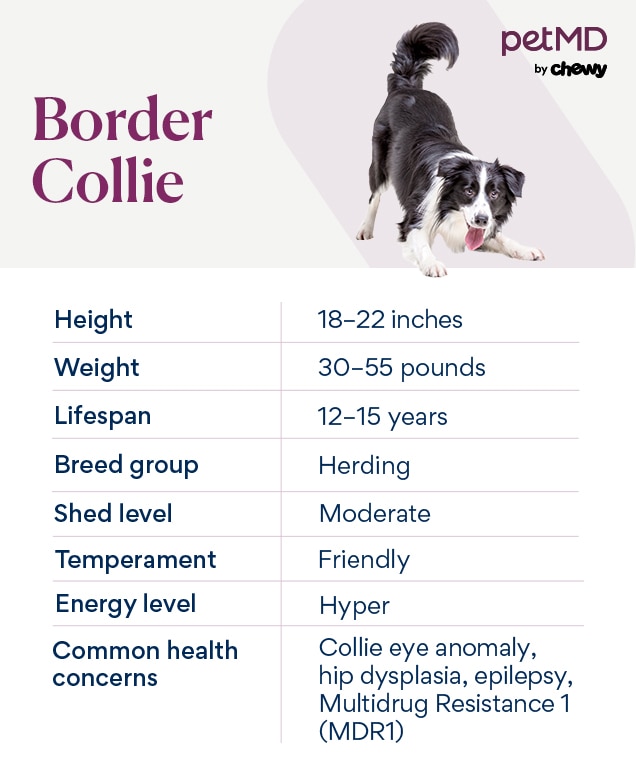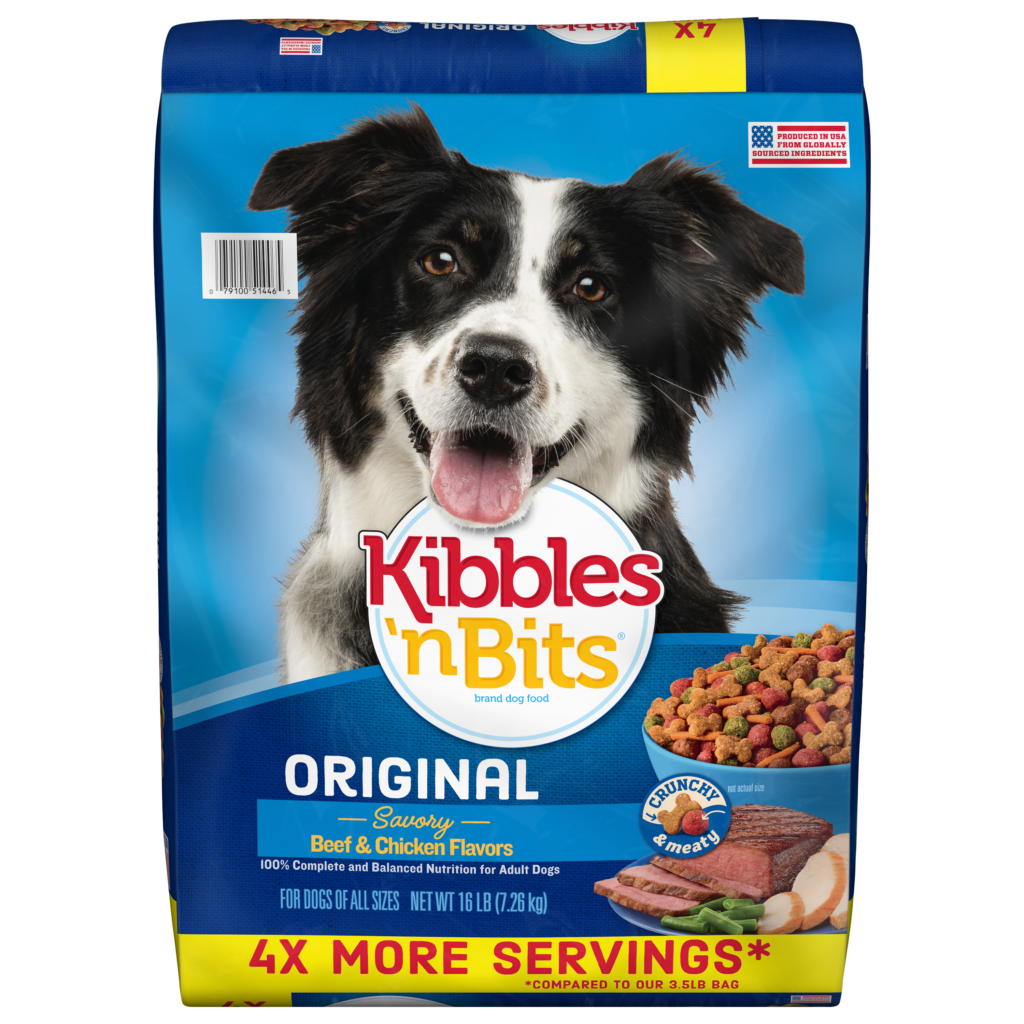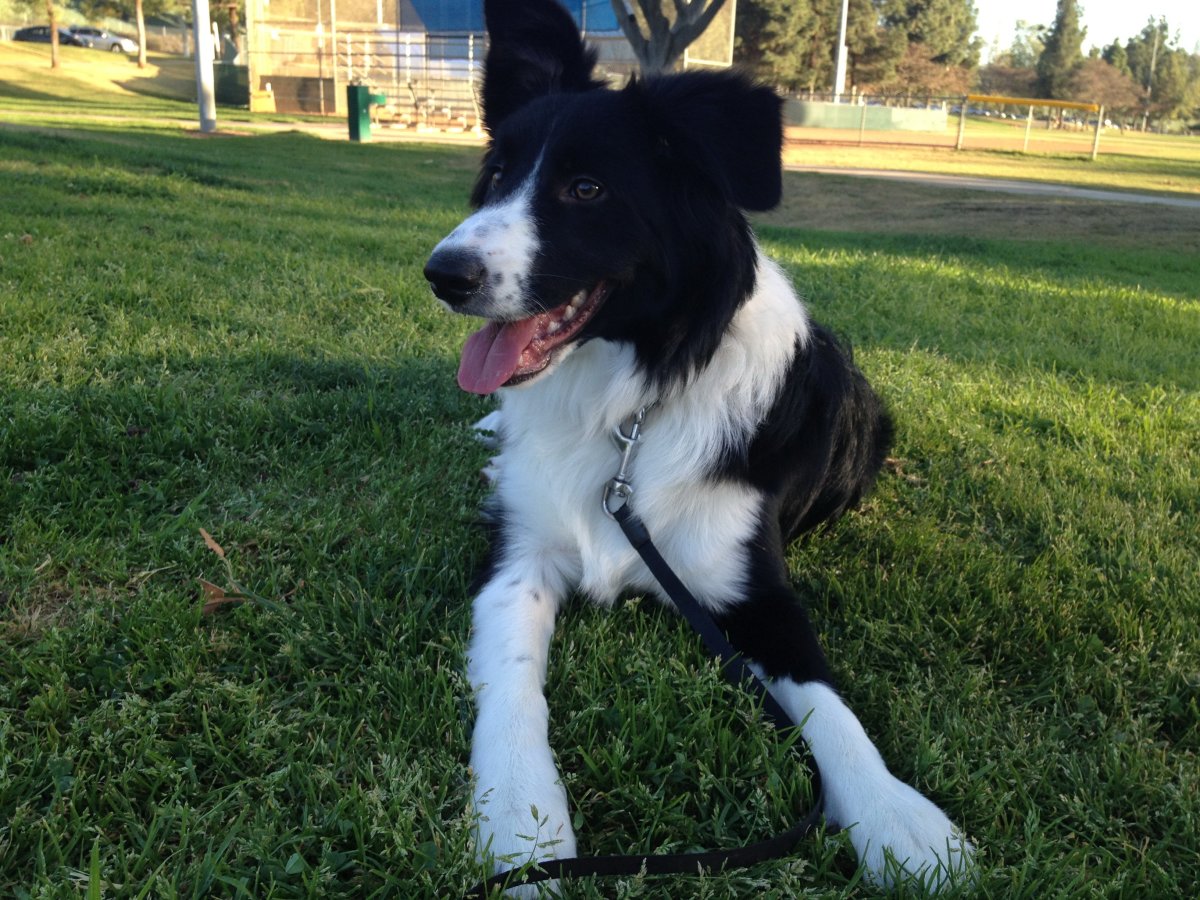If your Border Collie puppy is not eating, it can be concerning. Puppies need proper nutrition to grow healthy and strong.
There are many reasons why your Border Collie puppy might refuse food. It could be a simple issue like a change in diet or something more serious like illness. Puppies, especially active breeds like Border Collies, need balanced meals for their energy and development.
Understanding why your puppy isn’t eating is crucial. It helps you address the problem and ensure your furry friend stays happy and healthy. In this blog, we’ll explore common reasons for a puppy’s loss of appetite and offer tips to encourage eating. Let’s ensure your puppy gets back to enjoying their meals and thriving.
Common Reasons For Appetite Loss
Is your Border Collie puppy not eating? It can be a worry. Loss of appetite in puppies is common. Let’s look at some common reasons why this happens. Understanding these can help you address the issue.
Teething Pain
Teething is tough. Your puppy’s gums may hurt. This pain can make eating uncomfortable. Puppies chew to ease gum pain. But they may avoid food because chewing hurts.
To help, offer soft food. Soften dry kibble with water or broth. Teething toys can also help. They can chew without pain. Keep an eye on your puppy. If the problem persists, consult a vet.
Change In Environment
Changes can stress puppies. A new home or different routine can affect their appetite. Puppies need time to adjust to new surroundings. Stress can make them eat less.
Make them feel safe. Keep a routine. Offer food in a quiet place. If needed, try different foods. Sometimes, a new flavor can entice them to eat. Watch their behavior closely. If they continue to refuse food, seek advice from a vet.
Health Issues
Concerned about your Border Collie puppy not eating? Common reasons include dental pain, stress, or a sudden change in diet. Try offering favorite foods or consult a vet for advice.
If your Border Collie puppy is not eating, health issues might be the cause. Puppies are generally active and have good appetites. When they refuse food, it’s a sign that something is wrong. Health issues can vary from mild to severe. Always observe your puppy closely.Digestive Problems
Digestive problems are common in puppies. Symptoms include vomiting, diarrhea, or constipation. Your puppy might feel discomfort. This can make them refuse food. Sometimes, they eat something they shouldn’t. This can upset their stomach. It’s best to consult a vet. They can diagnose and treat digestive issues.Dental Issues
Dental issues can also affect your puppy’s appetite. Puppies often suffer from teething pain. This can make chewing difficult. Look for signs of red or swollen gums. Your puppy might drool more than usual. They may also avoid hard food. Softening their food can help. A vet check-up is crucial. Proper dental care ensures your puppy eats well. “`Behavioral Factors
Understanding why your Border Collie puppy is not eating can be challenging. Various behavioral factors can influence their appetite. This section delves into common behavioral issues affecting their eating habits.
Stress And Anxiety
Stress and anxiety can significantly impact your puppy’s eating habits. A new environment, loud noises, or separation anxiety can cause stress. Puppies may refuse food if they feel scared or unsettled. Create a calm and safe space for your puppy. Ensure they have a routine. This can help reduce anxiety and encourage eating.
Picky Eating Habits
Some Border Collie puppies are naturally picky eaters. They may refuse food they do not find appealing. Experiment with different high-quality puppy foods. Find one that suits your puppy’s taste. Avoid giving too many treats. This can lead to them rejecting regular meals. Consistency is key. Offer food at the same times every day. This helps establish a routine and encourages regular eating.
Dietary Concerns
Your Border Collie puppy may not be eating due to various dietary concerns. Understanding these concerns can help you address the issue effectively. Here are some common dietary issues that may affect your puppy’s appetite.
Food Quality
The quality of food you provide plays a crucial role in your puppy’s health. Ensure the food is fresh and contains all the necessary nutrients. Puppies need a balanced diet with proteins, fats, and vitamins.
- Check the expiration date on the food package.
- Store food in a cool, dry place.
- Use high-quality puppy food brands.
Low-quality food can lack essential nutrients, leading to poor appetite. Always choose food that meets AAFCO standards.
Allergies And Sensitivities
Border Collies can develop food allergies or sensitivities. These issues can cause discomfort, leading to reduced appetite. Common allergens include grains, dairy, and certain proteins.
| Common Allergens | Possible Symptoms |
|---|---|
| Grains | Itching, digestive issues |
| Dairy | Diarrhea, vomiting |
| Certain Proteins | Skin rashes, ear infections |
If you suspect an allergy, try an elimination diet. Introduce one food at a time to identify the allergen.
Tips To Encourage Eating
Are you worried because your Border Collie puppy is not eating? Puppies sometimes need a little help to get excited about mealtime. Here are some tips to encourage eating that can make a big difference.
Consistent Feeding Schedule
Establish a consistent feeding schedule for your puppy. Feed your puppy at the same times each day. This helps create a routine. Puppies thrive on routine. They know when to expect food, making them more likely to eat.
Leave the food out for 20 minutes. If they don’t eat, take it away. This teaches them to eat when food is available. Stick to this schedule. It might take a few days, but it usually works.
Tempting Food Options
Offer tempting food options to your puppy. Sometimes they need a little variety. Mix wet food with dry kibble. The scent and texture can be more appealing. You can also try adding a small amount of chicken broth to their food. Make sure the broth is low in sodium.
Warm the food slightly. Warm food often smells better to puppies. Try hand-feeding them a few pieces. This can encourage them to start eating. Once they begin, they might continue on their own.

Credit: www.petmd.com
When To See A Vet
Sometimes, your Border Collie puppy may refuse to eat. This behavior can be worrying. While occasional pickiness is normal, persistent refusal signals a problem. Knowing when to consult a vet is crucial.
Warning Signs
Observe your puppy for several warning signs. Watch for lethargy. Notice if they seem unusually tired. Check for vomiting or diarrhea. These symptoms can indicate serious issues. Look for signs of pain or discomfort. Puppies in pain may whimper or hide.
Monitor their weight. Weight loss can be a red flag. Finally, check their gums. Pale gums can signal health problems.
Preparing For The Visit
When visiting the vet, come prepared. Bring a list of symptoms. Include details like when the issue started. Note any changes in behavior. Document their eating habits.
Bring a sample of their food. Sometimes, vets need to check for contamination. Also, bring any medications your puppy takes. This information helps the vet make an accurate diagnosis.
During the visit, be honest and detailed. The more the vet knows, the better they can help.
Preventive Measures
Are you concerned because your Border Collie puppy is not eating? Preventive measures can help ensure your pup stays healthy and maintains a good appetite. Here are some steps you can take to prevent this issue.
Regular Health Check-ups
Routine visits to the vet are essential. A vet can detect any health issues early. Regular check-ups help in monitoring your puppy’s growth and development. Early diagnosis of any health problems can prevent serious issues later.
| Frequency | Benefits |
|---|---|
| Monthly (for puppies) | Tracks growth and development |
| Semi-annually (for adults) | Early detection of health issues |
Balanced Diet
A balanced diet is crucial for your puppy’s health. Ensure your pup’s food contains the right nutrients. Here’s a simple list:
- Protein
- Fats
- Carbohydrates
- Vitamins
- Minerals
Consult your vet for specific dietary recommendations. Avoid giving your puppy human food. It may cause health issues.
| Nutrient | Importance |
|---|---|
| Protein | Muscle development |
| Fats | Energy source |
| Carbohydrates | Energy and digestion |
| Vitamins & Minerals | Overall health |

Credit: www.kibblesnbits.com
Emotional Well-being
Emotional well-being plays a crucial role in your Border Collie puppy’s eating habits. Stress, anxiety, or feeling unsafe can lead to loss of appetite. Focusing on their emotional health can significantly improve their eating behavior.
Creating A Safe Environment
Your puppy needs to feel secure in their new home. A quiet and calm eating area helps them relax. Avoid high-traffic areas to reduce stress. Make sure their eating spot is away from loud noises and disturbances.
Provide a comfortable bed nearby. A cozy resting place can make them feel safe. A secure environment encourages your puppy to eat without fear.
Bonding Time
Spending quality time with your Border Collie puppy is essential. Bonding strengthens your relationship and reduces their anxiety. Play simple games or sit together quietly. This makes your puppy feel loved and secure.
During feeding time, stay close by. Your presence reassures them. Gently pet them or talk softly. This builds trust and makes mealtime a positive experience.

Credit: pethelpful.com
Frequently Asked Questions
Why Is My Border Collie Puppy Not Eating?
Your Border Collie puppy might not be eating due to stress, teething, or a change in diet. Ensure their food is fresh. If they refuse to eat for more than 24 hours, consult a veterinarian.
Could Illness Cause My Puppy To Stop Eating?
Yes, illness can cause loss of appetite in puppies. Common issues include infections, digestive problems, or dental pain. Monitor for other symptoms and consult a vet if concerned.
How Can I Encourage My Puppy To Eat?
To encourage eating, try offering smaller, more frequent meals. Warm the food slightly to enhance its aroma. Ensure the feeding environment is calm and quiet.
Is My Puppy’s Food Appropriate?
Check if the food is suitable for puppies and contains necessary nutrients. Puppies need a balanced diet for growth. Consult a vet for recommendations on proper food.
Conclusion
Finding the reason your Border Collie puppy isn’t eating is crucial. They may be stressed, unwell, or simply picky. Always check with your vet to rule out health issues. Try different foods and feeding methods. Keep a close eye on their behavior.
Your love and care can make a big difference. Soon, your puppy will likely regain their appetite and energy. Remember, patience is key. Happy puppy parenting!
